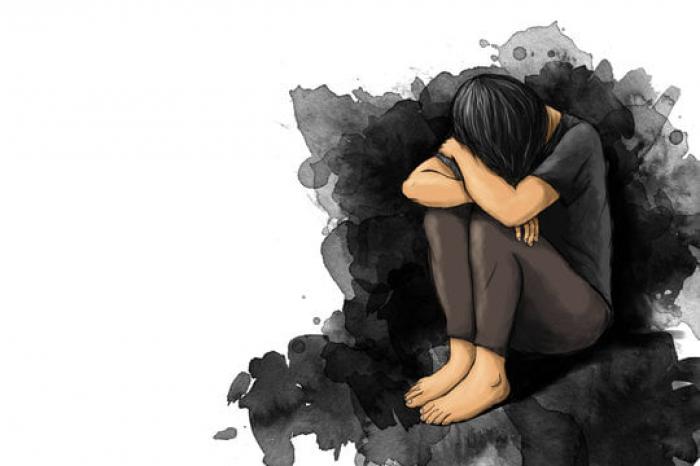
Addiction is a disease of the brain. Addiction impacts relationships in the same way that any other disease does. In order to successfully navigate relationships following a period of addiction, it is necessary to employ a five-pronged approach, advised by a psychiatrist in Bhopal:
1) Recovery
Recovery is the most important aspect of any individual's recovery process because when addicts try to approach relationships without any recovery in place, problems may result. As an addict's recovery progresses, they should feel more comfortable revealing their fears, insecurities, and weaknesses to their partner. They can get closer to their partner because they are no longer afraid of them walking away if the truth is revealed.
2) Self-care
Learning to take care of yourself, both physically and mentally is an essential part of recovery. Doing so will not only keep the addict feeling healthy, but it will also enable them to get through any challenges that arise in their relationship with their partner. If the addict is not taking care of themselves, they will not be able to maintain their sobriety, which will undoubtedly impact their ability to stay sober and avoid relapse.
3) Relationship focus
An addict's recovery process will always be affected by their relationship with their loved one. However, when they are in recovery, the focus of their relationship with their partner should be placed on getting better. This means that they should avoid arguing or fighting, and they should also refrain from pushing their partner to respond in a certain way, especially if the latter's response could be harmful to them.
4) Honesty
Many addicts learn to lie over time because they believe it will enable them to continue down the road of recovery without difficulty. The truth is, lying or covering up things can cause problems in relationships. They have to have to cover up things, spend more money because of that, and spend their time to protect the lies. When they are capable of tell the truth it makes it easier for them to recover.
5) Communicate
Even though the addict may know that they need to address their drinking, it can be difficult for them to actually do so. If they keep this to themselves and avoid the issue, they could end up drinking and make things even worse in their relationship. If they do bring up the subject and show that they want to stop, their partner will probably understand and be supportive.
Final Words:
The end of an addiction is not the end of the relationship, but it is the beginning of a new one. The addict needs to be willing to work on their problems and overcome their addiction so that they can have a happy relationship again. Contact our addiction specialist in Bhopal if you need any help.
- Latest Posts
- Best Psychiatrist in Hoshangabad – Dr. Sanjeet Diwan
- Best Psychiatrist in Itarsi –Dr. Sanjeet Diwan
- Best Psychiatrist in Mandideep – Dr. Sanjeet Diwan
- Best Psychiatrist in Obaidullaganj - Dr. Sanjeet Diwan
- Best Psychiatrist in Sehore – Dr. Sanjeet Diwan
- Link between Physical Exercise & Mental Health: An Insight from a Psychiatrist in Bhopal
- The Importance of Self-Care for Mental Health: An Insight from a Psychiatrist in Bhopal
- Addressing the Stigma Surrounding Mental Illness in Bhopal
- Choosing the Right Psychiatrist in Bhopal: A Guide for Patients
- Self Care for Mental Health: Tips and Techniques for Prioritizing Your Well-Being
- Top 6 Tips to Get Rid Of Drug Addiction
- How to Talk to Kids about Anxiety?
- How Can I Best Help My Child Manage His ADHD?
- How to Prevent Suicide in Your Teenage Child?
- How Exercise Affects Our Minds?
- 5 Damaging Myths about Personality Disorders
- What are Body-Focused Repetitive Behaviors?
- Top 8 Effective Ways to Overcome Body Image Issues
- 7 Behaviors That Might Point to Childhood Emotional Neglect
- How to Help Students Who Are Suffering from Mental Health Issues?
